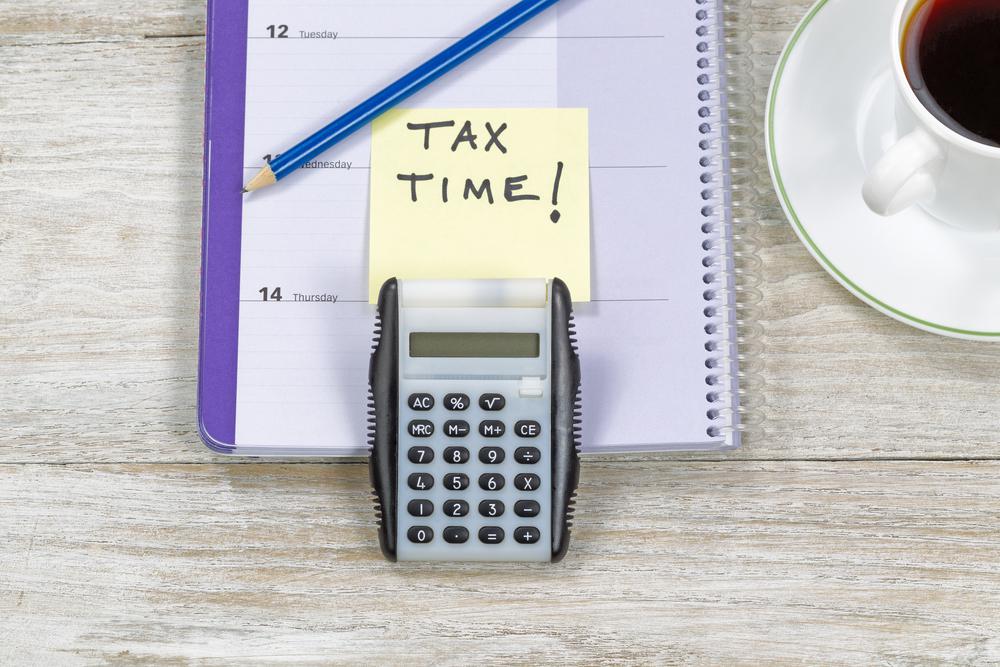
Are you planning to file for bankruptcy protection? You have a number of things to accomplish and things to avoid doing before you actually put in your claim for bankruptcy. One of the biggest items on your to do list right now should be preparation of your unfiled tax returns with your bankruptcy attorney advising just when to file these. Why is this so important? Read this blog to learn are a few key reasons to file beforehand.
1. It Will Be Mandatory
Bankruptcy law requires filing of recent years income tax returns. Otherwise your case will be thrown out. This means no legal protection from creditors. Usually Chapter 7 bankruptcy trustees require the two immediately prior years’ tax returns. Chapter 13 requires the prior four. Failure to file necessary tax returns — even if you can’t pay the bills — could mean an automatic dismissal of your case. A tax law firm can prepare late returns.
Form W2s, 1099s, and mortgage interest statements are necessary to prepare tax returns. Because it takes time to reconstruct the information needed to file old tax returns, you should start now. You may need to contact old employers, request transcripts from the IRS, go through bank statements, or retrieve receipts from various providers. Therefore, the longer you wait to start, the longer it may take before you can seek bankruptcy protection.
2. Refunds May be Available
One reason that the courts need to see your tax returns properly filed is that there may be some refund money in there that can be used to pay debtors. Generally, any existing tax refunds due when you file bankruptcy become assets that a trustee can use to settle your debts or determine your monthly payments. In certain filings, future refunds may also be used, which can reduce your monthly burden.
Taxing authorities won’t issue income tax refunds if you have unfiled income tax returns. That is because neither the Internal Revenue Service nor state department of revenue knows if you owe money to them.
To get refund tax returns must be filed within three years of the due date of the tax return. Not so if you owe money.
3. Debts Can Be Included
The bankruptcy process puts all your allowable debts into one pile and makes arrangements for relief from them. But if you haven’t filed taxes, you don’t know how much you owe.
If you don’t disclose tax obligations on your bankruptcy filings, this debt may not be discharged. While tax debts (federal or state) aren’t often fully discharged in bankruptcy, you must list the tax authority as a creditor so that they are given notice of your case. Both the IRS and state departments of revenue will contact your attorney to inform him or her of liens, unfiled returns, and amounts owed.
On late unfiled tax returns, bankruptcy law determines if the taxes, interest, and penalties are forgiven. This forgiveness is affected by the amount of time you file the tax returns and the date you declare bankruptcy.
4. Your Slate is Clean
The purpose of seeking bankruptcy relief is to get a fresh start, reducing stress and creating a financially stable future. But if you don’t address old tax debts, you might find yourself going through bankruptcy proceedings and having your slate of debts wiped clean, yet still wind up with debts haunting you. Instead, clear up all your past worries along with the bankruptcy so that you can begin fresh.
While no one likes dealing with old income taxes, you have many good reasons to tackle them now. Whether you need to speed up your bankruptcy filing or ensure that all your debts are included, Wiesner & Frackowiak, LC can help. This firm has capabilities to prepare any year federal tax return within a couple of days. The service in invaluable when need to file bankruptcy to quickly stop garnishments, repossessions, and foreclosures. Make an appointment today to assess your tax situation with our experienced legal team.
